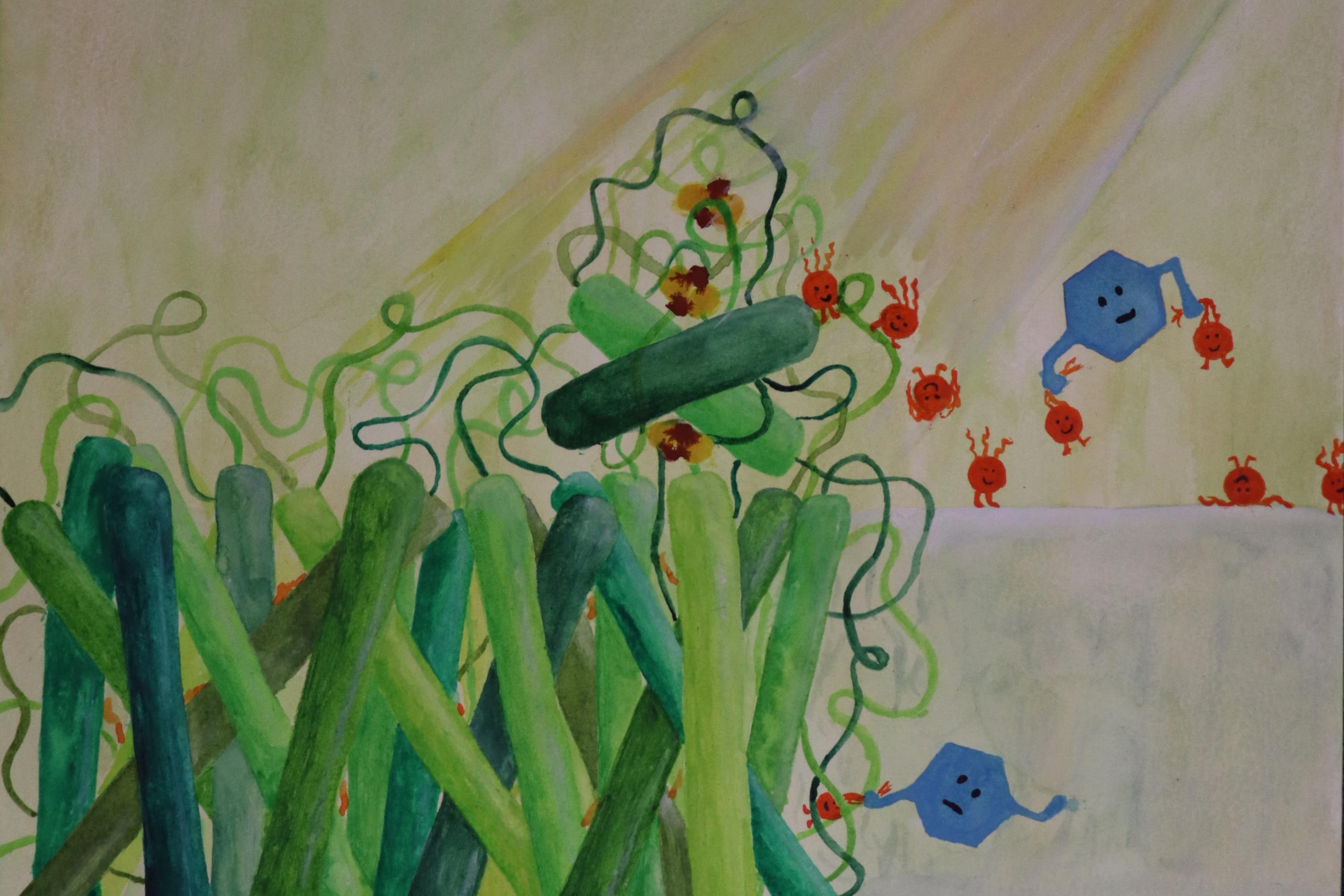Photosynthesis ‘hack’ could ‘lead to new ways of developing renewable energy’
An international team, led by experts from the University of Cambridge, studied the process by which plants convert sunlight into energy.

Your support helps us to tell the story
From reproductive rights to climate change to Big Tech, The Independent is on the ground when the story is developing. Whether it's investigating the financials of Elon Musk's pro-Trump PAC or producing our latest documentary, 'The A Word', which shines a light on the American women fighting for reproductive rights, we know how important it is to parse out the facts from the messaging.
At such a critical moment in US history, we need reporters on the ground. Your donation allows us to keep sending journalists to speak to both sides of the story.
The Independent is trusted by Americans across the entire political spectrum. And unlike many other quality news outlets, we choose not to lock Americans out of our reporting and analysis with paywalls. We believe quality journalism should be available to everyone, paid for by those who can afford it.
Your support makes all the difference.Scientists believe they have “hacked” one of the key early stages of photosynthesis and discovered new ways to extract energy from the process.
An international team of researchers, led by experts from the University of Cambridge, studied the process by which plants convert sunlight into energy.
They found that electrons – negatively charged particles with large amounts of energy – escaped from their molecular structures much earlier than previously thought, opening what the team describes as the “black box of photosynthesis”.
The researchers said this finding, published in the journal Nature, could aid the discovery of new ways to generate clean fuel and renewable energy.
Study co-author Dr Laura Wey, who did the research in Cambridge University’s Department of Biochemistry and is now based at the University of Turku in Finland, said: “Normally we work on highly ordered materials, but observing charge transport through cells opens up remarkable opportunities for new discoveries on how nature operates.
“Since the electrons from photosynthesis are dispersed through the whole system, that means we can access them.
“The fact that we didn’t know this pathway existed is exciting because we could be able to harness it to extract more energy for renewables.”
Many scientists have tried to extract electrons from an earlier point in photosynthesis, but said it wasn't possible because the energy is so buried in the protein scaffold. The fact that we can steal them at an earlier process is mind-blowing
The researchers used a technique known as ultrafast transient absorption spectroscopy to study the molecules that “steal” the electrons from the structures.
These molecules, known as quinones, are able to accept and give away electrons easily.
Dr Jenny Zhang from the University of Cambridge’s Yusuf Hamied Department of Chemistry, who co-ordinated the research, said: “No one had properly studied how this molecule interplays with photosynthetic machineries at such an early point of photosynthesis, we thought we were just using a new technique to confirm what we already knew.
“Instead, we found a whole new pathway, and opened the black box of photosynthesis a bit further.”
The researchers found that the protein structure where the initial chemical reactions of photosynthesis take place is “leaky”, allowing electrons to escape.
This leakiness could help plants protect themselves from damage from bright or rapidly changing light, the scientists said.
The scientists said the ability to extract charges earlier in photosynthesis “could make the process more efficient when manipulating photosynthetic pathways to generate clean fuels from the sun”.
They also added that regulating photosynthesis could mean that crops could be made more able to tolerate intense sunlight.
Dr Zhang said: “Many scientists have tried to extract electrons from an earlier point in photosynthesis, but said it wasn’t possible because the energy is so buried in the protein scaffold.
“The fact that we can steal them at an earlier process is mind-blowing.
“At first, we thought we’d made a mistake: it took a while for us to convince ourselves that we’d done it.”